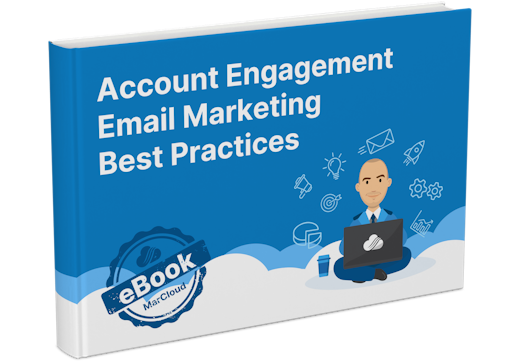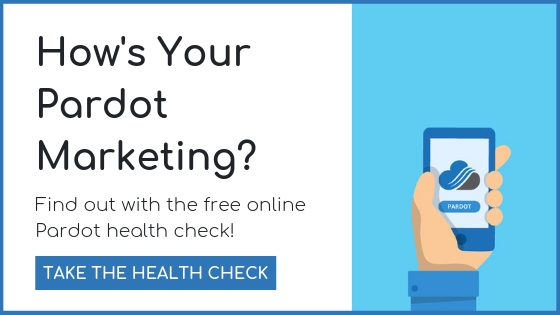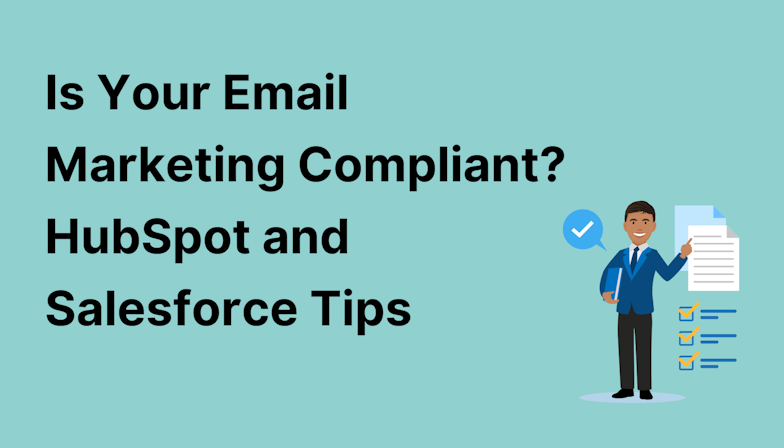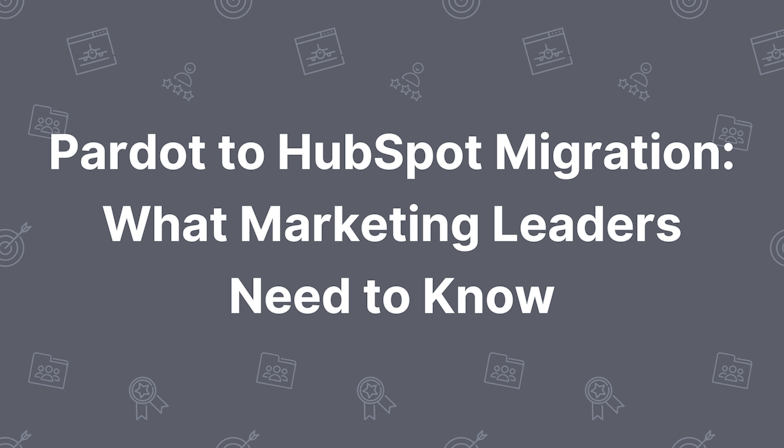This blog was written before Pardot was renamed to Marketing Cloud Account Engagement. You can read more about the name change and what it means here.
All Pardot accounts have a default preference center. This preference center allows each subscriber to select the types of communication and content they’d like to receive from you.
In the default preference center, the categories are dictated by the Public Lists you have available in your account. For example, if you have two Public lists for Newsletter’ and New Products’, a subscriber is able to check to receive one or both of these as preferences for the communication they receive.
The Default Email Preference Page’ ensures your business is GDPR compliant (remember to also include a link to your privacy policy), as it allows subscribers to manage their own subscription at any time and therefore, gives explicit consent for the types of emails or other communication they wish to receive from you.
In short, the days of asking a prospect to opt-in to a newsletter but then using that opt-in as justification for sending them all sorts of other marketing communications is long gone.
Staying compliant with GDPR means you need to obtain clear and explicit consent for all the communications you send to your database, as well as allowing subscribers to unsubscribe at any time. From a data protection point of view, the default Pardot preference center takes care of this.
However, within Pardot you also have the ability to customise your preference page and a question I’m asked often is whether this is something all businesses should be doing.
Why would you need to customise your Pardot preference center?
While the default preference page might tick the box for GDPR compliance, a preference center has a much bigger role to play in your lead nurture strategy.
Rather than viewing your preference center as a pesky compliance step, you should consider it an opportunity to meet your subscribers' expectations and build that relationship of trust and respect that could win you their business in the long run.
Reason 1: To reduce your unsubscribe rate
As humans, it’s only natural that our interests and pain points change over time. Subscribers might opt-in to a list about email marketing but after six months, no longer consider this a topic of interest or something they need to learn more about.
If, one day, your email about email marketing best practices drops into a subscribers inbox and your subscriber clicks that Unsubscribe’ link because it is no longer relevant to them, a well-customised preference centre could be the place they decide to update their preferences instead of opt-out altogether.
When you customise your preference page, you can update your Public List names and descriptions to entice subscribers to join Lists they might not have considered previously.
Reason 2: For a better digital experience for your users
In a study by CEI Survey, 40% of customers will buy more from a company offering great customer experience. If the purpose of your email marketing is to nurture leads from prospect to customer, their digital experience is paramount to their likelihood to convert.
With this in mind, when you customise your Pardot preference center by editing the Page Layout Template, you can enhance the digital experience for your potential customers.
In a nutshell, your preference page should be treated with the same level of attention to detail when it comes to design, branding and conversion as the rest of your website.
Reason 3: Better data profiling and maintenance
It’s no secret that when it comes to opt-in forms, the fewer fields a prospect has to complete, the more likely they are to convert. Getting the opt-in in the first place restricts the amount of information we ask right away.
With a customised preference center though, there’s an opportunity to collect more data points about a subscriber that can help with your lead scoring or grading. For example, alongside the checkboxes for the types of content your subscriber is interested in, you could provide fields for updating preferred contact details and additional questions about their demographics or interests.
At the very least, the ability to update contact information helps you to maintain a clean list of up to date details.
At best, it becomes part of your data collection method that enables you to better understand your subscribers and tailor communications accordingly.
The next question then, is how do you customise your Pardot preference center? It involves HTML and requires some step-by-step instructions, so I’ll follow this post up with another on that exact topic!
Alternatively, we have a development team that can build beautiful, responsive preference centre templates for you based on any design you can create. Get in touch here.

Chloe Prowse
Having worked with Salesforce products for 10+ years, Chloe is a certified consultant and marketing automation enthusiast with a varied background across martech, operations, and enterprise consulting. She loves meeting new people and sharing her knowledge to set them up for success, including matching MarCloud customers with the right service solutions. Passionate about ethical marketing, she'll find any excuse to talk about GDPR and compliance on the Salesforce platform.
More by Chloe ProwseFeatured resource

Pardot Email Marketing Best Practices
If you find the process of planning, creating, and sending emails in Pardot overwhelming or too time-consuming, this ebook is for you because understanding everything you need to know and do to ensure successful and effective email marketing activity is no easy feat.
Download now


